I think it’s easy to be dismayed at where the world is these days. Political candidates and politicians on both sides of the aisle are disappointing at best. The pro-abortion vitriol is vicious and hateful. Violence in our cities, schools, and public spaces is constant. Public sin and our own private sin beat us down all the time. This is most definitely a time of persecution. So it could well be that we are tempted to despair, to shake our heads and try to avoid hearing about it all.
But we are called to live differently as Christian disciples. Despair is not an option for us; we have the hope of the Gospel, the presence of the Holy Spirit, the promise of eternity. So the question that we have is, how do we live through all the sadness of the world around us, not to mention the sadness in our own lives, while we wait for all those promises to be fulfilled? The virtue that gets us through that is called fortitude, something we don’t talk about often enough, but something that has real value for our spiritual lives.
The Church’s Catechism tells us that “Fortitude is the moral virtue that ensures firmness in difficulties and constancy in the pursuit of the good. It strengthens the resolve to resist temptations and to overcome obstacles in the moral life. The virtue of fortitude enables one to conquer fear, even fear of death, and to face trials and persecutions. It disposes one even to renounce and sacrifice his life in defense of a just cause.” (CCC, 1808) Jesus puts it even more succinctly in today’s Gospel: “I have come to set the earth on fire, and how I wish it were already blazing!” He wants us to be a people on fire, a people who will not waver in our pursuit of living the Gospel, a people who will not back down in the face of obstacles or even oppression, a people who live their faith joyfully and with firm conviction that our God is trustworthy and faithful. The Christian believer is called to exercise the virtue of fortitude because nothing else is worthy of our God.
The author of the letter to the Hebrews speaks of fortitude today. Speaking of Jesus, “the leader and perfecter of our faith,” he says:
For the sake of the joy that lay before him
he endured the cross, despising its shame,
and has taken his seat at the right of the throne of God.
Consider how he endured such opposition from sinners,
in order that you may not grow weary and lose heart.
In your struggle against sin
you have not yet resisted to the point of shedding blood.
Resisting the opposition in our society and in our lives to the point of shedding blood is the kind of fortitude that we as disciples need to live in our lives. It’s a tall order!
Nobody says fortitude is easy. Jesus himself was very realistic about this, and warns us today that fortitude in living the Christian life can be a very divisive way of life. The disciple can and will run into all sorts of oppression, and can even lead to broken relationships with those who are close to us. If that Gospel calls upon us to take an unpopular position, and speak up on behalf of the poor, the alien, the prisoner, or a pro-life issue, we may find that even some of our friends or family cannot go there with us. Being a Christian can make us feel like foreigners in our own land. And we are foreigners, because for those of us who are first of all citizens of God’s kingdom, Jesus’ vision and values come first. All because Jesus has come to set a blazing fire on the earth and that fire, to some extent, already burns in us.
Today’s reading from the letter to the Hebrews makes it clear that we aren’t running the race alone. We have at our disposal the support and encouragement of a “great cloud of witnesses” which the Church calls the Communion of Saints. They may be the official saints of the Church, or other saintly people we have known or do know who intercede for us in our struggle of faith. These are men and women who have suffered much and overcome much in pursuit of the kingdom of God. This great cloud of witnesses cheers us on, is an example for us, and is part of God’s way of helping us to live lives marked by fortitude. If we didn’t have the example of that great cloud of witnesses, the call to fortitude would surely be insurmountable.
Very often on the journey of discipleship, we may find that the oppression and division that the Gospel causes casts us down. Think about the loved ones you have called to live the faith, come to Mass, make good decisions, and have rejected that call. Like poor Jeremiah in today’s first reading, maybe we find that we have been thrown into a cistern of despair or hopelessness. All that sadness I mentioned in the beginning of my homily can be like that. Fortitude is the virtue that helps us in the midst of all that, to wait with faithfulness on someone like Ebed-melech the Cushite to come to our rescue and draw us up out of the pit.
The truth is, today’s Liturgy of the Word can come across as very negative. Who wants to hear about being cast into a cistern? Are we eager to find that we are going to be in angry division with people close to us? The temptation to let all of this go in one ear and out the other, remaining instead in the comfort of our luke-warmness is almost overwhelming. But that’s just not good enough. We can’t live that way and still call ourselves disciples. It is not enough to love God in our heads. We need to be on fire, actively living the graces of baptism that we have received – to live with fortitude, integrity, conviction, fervor, and burning zeal. We have to be willing to live in the shadow of the cross, where we resolve all our divisions and live the baptism that promotes Gospel peace.

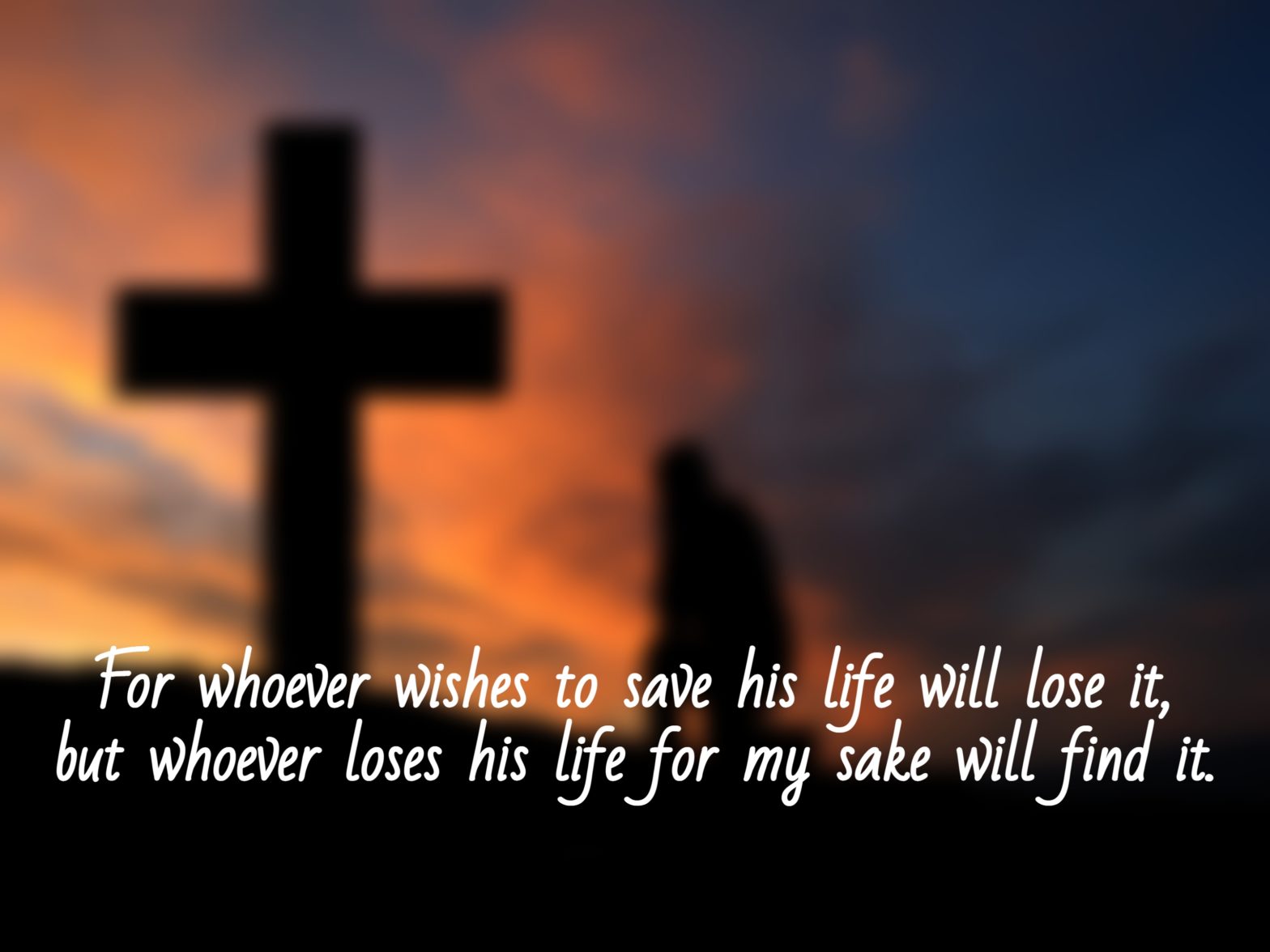

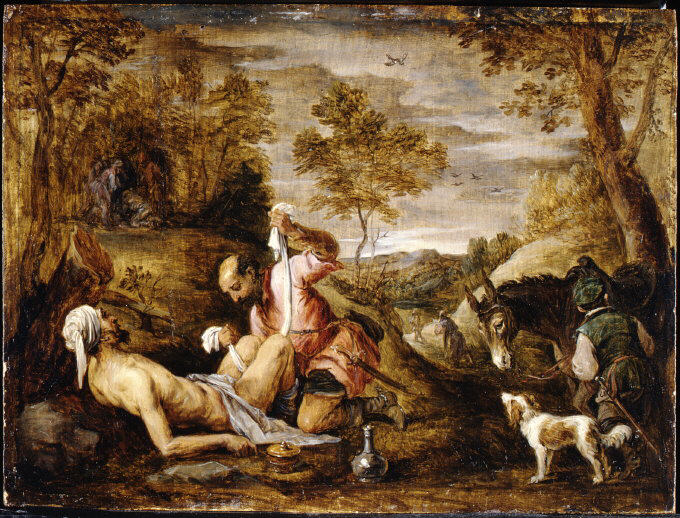

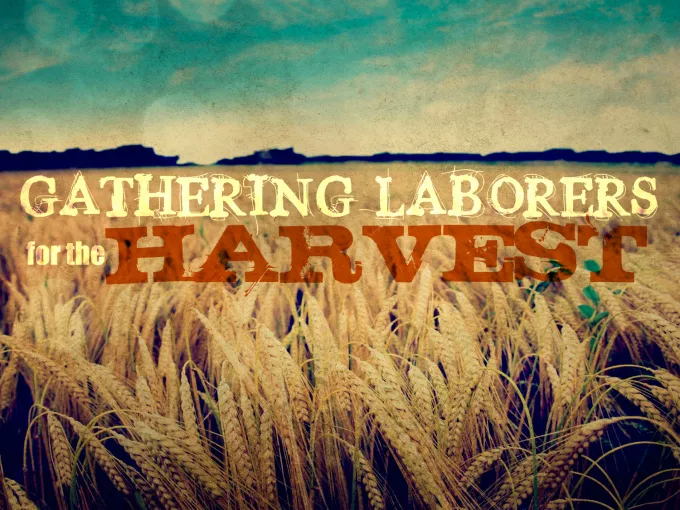
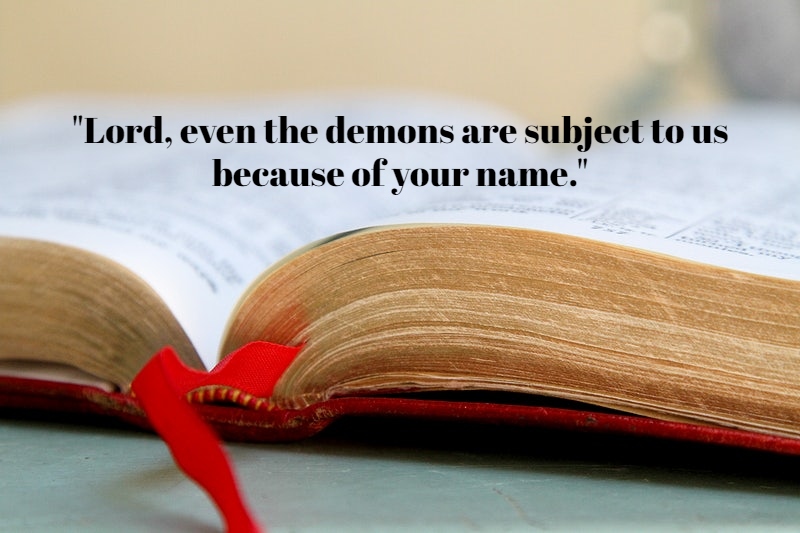
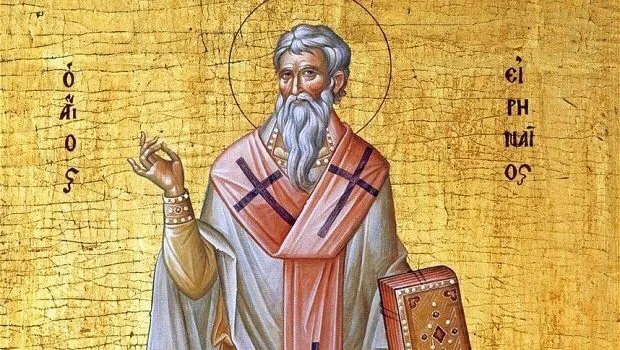


You must be logged in to post a comment.